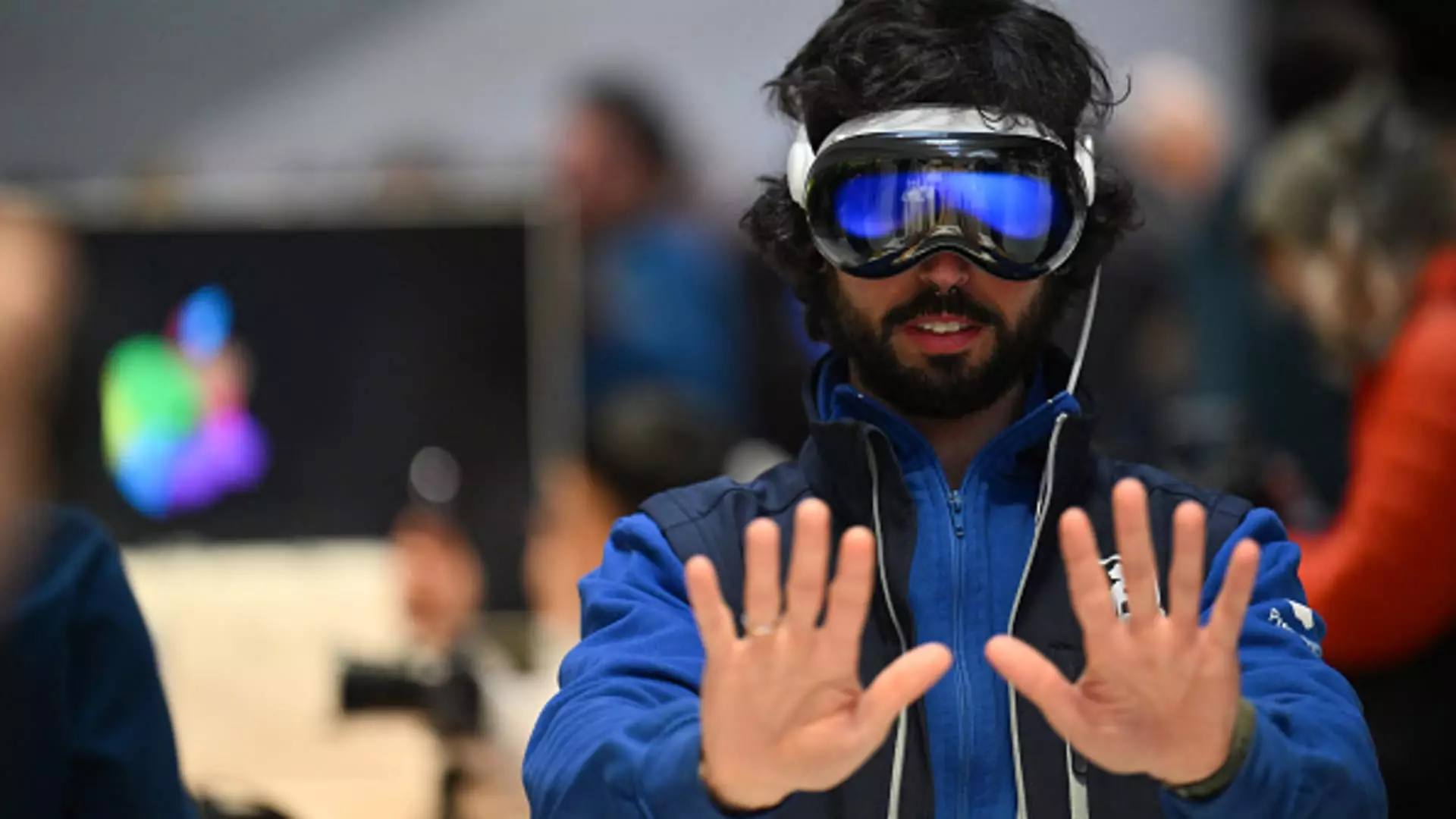In an era where innovation is king, Apple’s relentless pursuit to safeguard its intellectual property exposes more about the vulnerabilities of the corporate giants than about the strength of their security systems. The recent lawsuit targeting a former engineer exemplifies a profound insecurity lurking behind the brand’s polished exterior. It’s not simply about protecting trade secrets; it’s a visceral reflection of the pressures Apple faces in an intensely competitive marketplace where the difference between market dominance and obsolescence hinges on secrecy. Yet, the lawsuit raises critical questions about whether such aggressive legal tactics actually serve the company’s long-term interests or merely feed into an insatiable paranoia that could stifle innovation from within.
The narrative pushed by Apple cloaks itself in the language of protection — safeguarding proprietary technology, defending fairness — but beneath this veneer lies a troubling obsession with control. By publicly accusing a former employee of espionage, Apple signals that its internal files are nearly impenetrable vaults that can only be kept safe through draconian measures. This approach, however, reveals a fragile confidence in its security protocols. If even a senior engineer can download thousands of files pre-departure, it hints at systemic vulnerabilities that no amount of legal coercion can rectify overnight.
Power Dynamics and the Culture of Secrecy
Apple’s posture reflects a wider cultural issue within some of the most powerful corporations — a tendency to wield secrecy as a weapon against internal dissent and external competition. The fact that Liu allegedly downloaded trade secrets during his last days at the company suggests a climate where trust is scarce, and loyalty is dictated by fear of repercussions. Notably, the company’s strict confidentiality agreements and intense control over employee access are not merely safeguards but tools that reinforce a hierarchical culture of suspicion.
While the company claims that Liu violated confidentiality commitments, critics argue that such an environment discourages open innovation. When employees operate under constant surveillance and threat of legal retribution, creativity is arguably stifled rather than fostered. The fierce secrecy regarding projects like the Vision Pro headset may serve Apple’s short-term strategic interests, but it risks creating a toxic work atmosphere that alienates talented engineers and hampers collaborative progress. The tension between innovation and security is not easily resolved, but Apple’s aggressive legal stance appears to prioritize the former at the cost of the latter.
Legal Overreach or Necessary Defense?
The lawsuit, while cloaked in legal righteousness, also exposes a troubling trend of corporate overreach. Apple’s actions—public accusations, forensic investigations, and demands for damages—are striking in their scope and intensity. The company’s willingness to scrutinize and sometimes publicly shame former employees can be viewed as an effort to set an intimidating precedent that discourages other insiders from leaking information. This heavy-handed approach might be considered a form of corporate authoritarianism that undermines the principles of employee rights and transparency.
However, from a pragmatic perspective, Apple’s stance might be justified by the stakes at hand. The company invests billions in research and development, and the leakage of strategically sensitive information could undermine competitive advantage. Yet, this balance is delicate. When security measures tip into punitive or accusatory territory, they risk breeding resentment and a culture of mistrust—ultimately impairing the very innovation they aim to protect. It’s a sobering reminder that even the most profitable companies are not immune to the pitfalls of excessive control.
The Broader Implications for the Industry
Apple’s aggressive legal tactics serve as both a warning and a cautionary tale for the wider tech industry. On one hand, safeguarding intellectual property is a legitimate concern; on the other hand, the methods used can sometimes reflect an overemphasis on control that stifles internal growth. The repeated pattern of lawsuits, settlements, and arrests points to a systemic challenge: how can a company maintain a competitive edge without fostering an environment of fear?
More critically, these instances expose the fragility of the “secretive innovation” myth. In today’s interconnected world, information leaks cannot be contained as easily as in the past, and the relentless fight to police internal files often alienates the very employees best suited to drive future innovation. Companies like Apple must reckon with the reality that trust, transparency, and employee engagement are essential components of a resilient innovation ecosystem. Heavy-handed legal actions may provide short-term security but threaten long-term vitality.
In the end, Apple’s war against internal leaks underscores a fundamental truth: even giants are uncomfortably vulnerable in the modern landscape. Their efforts to tighten security and pursue legal recourse reflect a deeper anxiety over maintaining dominance in a rapidly evolving tech world. It is a battle driven by fear — fear of losing ground, of leaking secrets, of being rendered obsolete — that risks undermining the very innovation and culture they seek to protect.

Leave a Reply